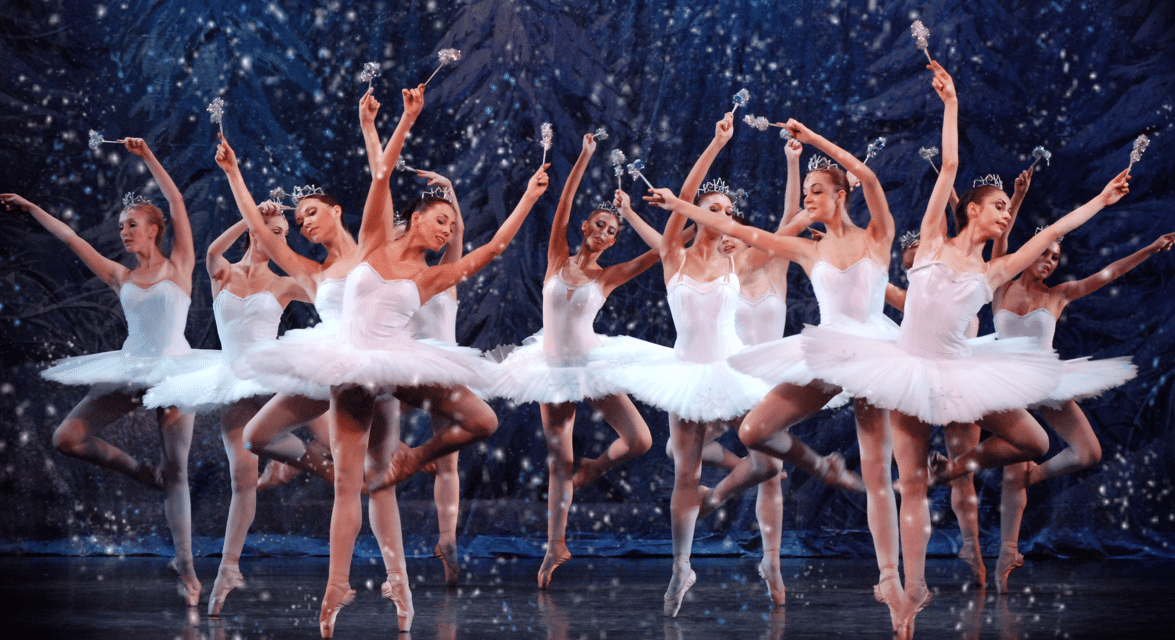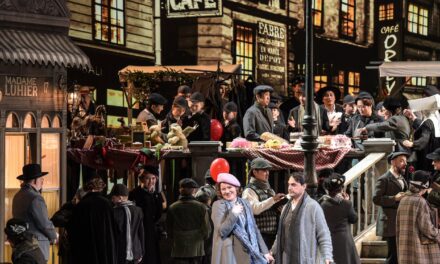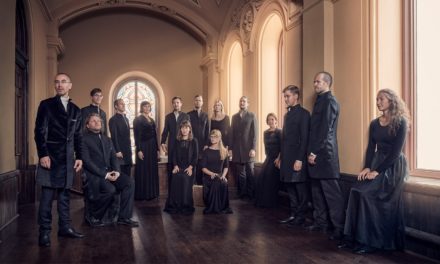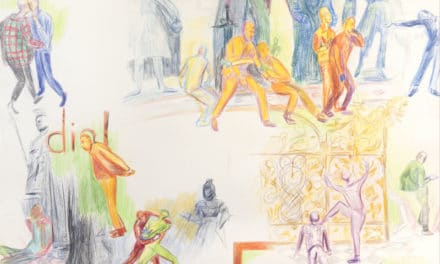Die Geschichte führt den Zuschauer in das Zauberreich, wo das Gute und das Schöne herrschen und wohin man auch als Erwachsener immer wieder zurückkehren möchte. Die faszinierende Pracht von Bühnenbild und Kostümen, die märchenhafte Handlung, die Musik und der Tanz vervollständigt das vitale Werk voller Romantik und macht den Ballettabend zum wahren Fest.
Für Groß und Klein ist es eine willkommene Chance, die einzigartige Perfektion des Balletts zu erleben und mühelos den Zugang zur zauberhaften Welt des Balletts zu finden. Das Libretto des „Nussknackers“ basiert auf dem Märchen „Nussknacker und Mäusekönig“ von E. T. A. Hoffmann. Dieses, für den Komponisten neue Thema, die Entdeckung der Welt durch Kinder an der Schwelle zum Jugendlichen, lehnte sich an Ideen aus der sinfonischen Welt an und mündete in eine lyrisch- philosophische Dichtung. Der nach üblichen Kategorien nicht gerade umfangreiche (nur zwei Akte), als Puppenballett für Kinder konzipierte „Nussknacker“ wurde auf Grund der Bedeutung und des Reichtums seines Inhalts sowie seiner neuen Form zum Vorboten für viele Erscheinungen des russischen Balletttheaters am Anfang des 20. Jahrhunderts.
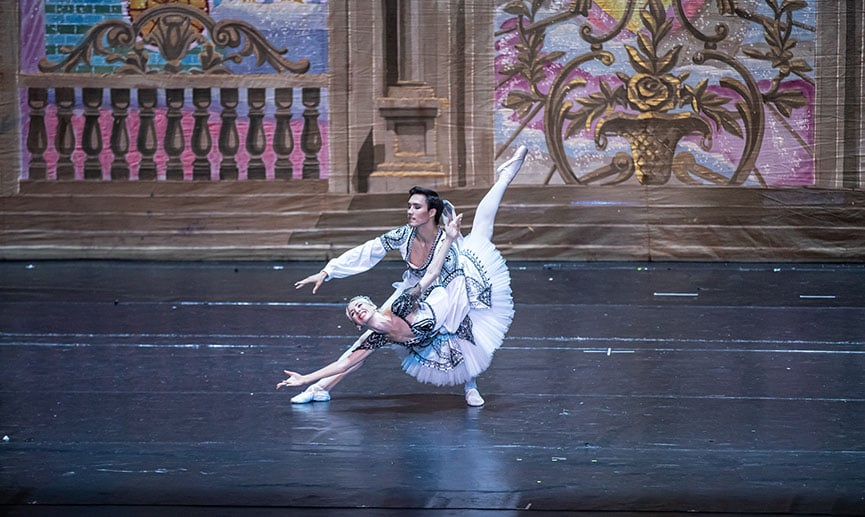
Der Nussknacker – Royal Classical Ballet © Royal Classical Ballet
Zur Entstehungsgeschichte erzählt man sich, dass Modest Tschaikowsky das Märchen vom „Nussknacker und Mäusekönig“, des deutschen Dichters E.T.A. Hoffmann, das gerade in den letzten Jahren des 19. Jahrhunderts weltweit bekannt wurde, für die Kinder seiner Schwester zu einem Kinderzimmer-Spiel arrangierte. Der komponierende Bruder Peter Iljitsch dürfte bei diesem Familien-Idyll zugegen gewesen sein. Er berichtete darüber seinem „Dornröschen“ – Choreographen Marius Petipa. So wurde der Plan geboren, aus dieser „Nussknacker“ – Geschichte ein Ballett zu machen.
Im „Nussknacker“ findet eine neue Bilderwelt Eingang in das Ballett: Die charakteristische Zeichnung der Figur Drosselmeiers und des Königreichs der Mäuse vermittelt einen Hauch des „Schreckens“ und gleichzeitig der Ironie. Voller sinfonischer Entwicklung sind die Handlungstänze: das Wachsen der Tanne, der Schneeflockenwalzer, zwei Andante aus dem 2. Akt, die eine besondere, nur Tschaikowsky eigene Wärme, Menschlichkeit und lyrische Fülle der Gefühle ausstrahlen.
Erst mit dem Jahr 1892-ein Jahr vor seinem Tod- uraufgeführten „Nussknacker“ hatte Tschaikowsky bei seinen Zeitgenossen endlich auch den so heiß ersehnten Erfolg als Ballettkomponist.
17. Dezember 2023

